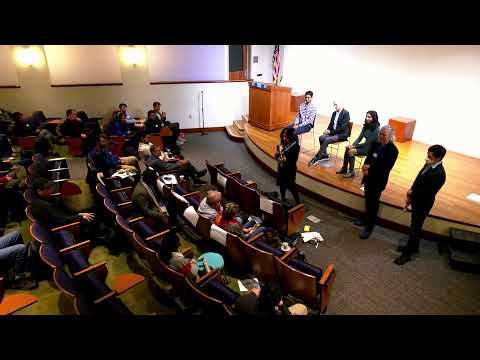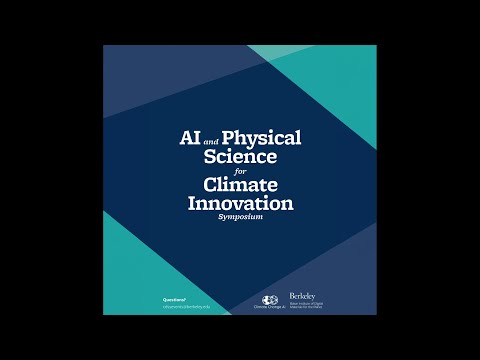Alison Gopnik, Distinguished Professor of Psychology, UC Berkeley
Young children’s learning may be an important model for artificial intelligence (AI). Comparing children and artificial agents in the same tasks and environments can help us understand the abilities of existing systems and create new ones. In particular, many current large data-supervised systems, such as large language models (LLMs), provide new ways to access information collected by past agents. However, they lack the kinds of exploration and innovation that are characteristic of children. New techniques may help to instantiate childlike curiosity, exploration and play in AI systems.
Alison Gopnik is a professor of psychology, affiliate professor of philosophy and member of the Berkeley Artificial Intelligence Research (BAIR) Lab at the University of California, Berkeley. She is an internationally recognized leader in the cognitive science of learning and development and the author of the bestselling and critically acclaimed books “The Scientist in the Crib,” “The Philosophical Baby” and “The Gardener and the Carpenter.” She is a Guggenheim, American Association for the Advancement of Science (AAAS) and Cognitive Science Society fellow, a member of the American Academy of Arts and Sciences, and president of the Association for Psychological Science. She writes the Mind and Matter science column for The Wall Street Journal and has appeared on “The Charlie Rose Show,” “The Colbert Report,” “The Ezra Klein Show” and “Radio Lab.
About the Talk: Co-hosted with the UC Berkeley College of Computing, Data Science, and Society and the UC Berkeley Artificial Intelligence Research (BAIR) Lab.
About the Series: CITRIS Research Exchange delivers fresh perspectives on information technology and society from distinguished academic, industry and civic leaders. Free and open to the public, these seminars feature leading voices on societal-scale research issues. https://bit.ly/citris-research-exchan...
Support CITRIS as we develop technology solutions for challenges around the world: wildfires, the health of an aging population, the future of a workforce augmented by artificial intelligence, and more. In all we do, we prioritize diversity, equity, and inclusion across each of our research initiatives. https://give.berkeley.edu/fund/FH5885000



